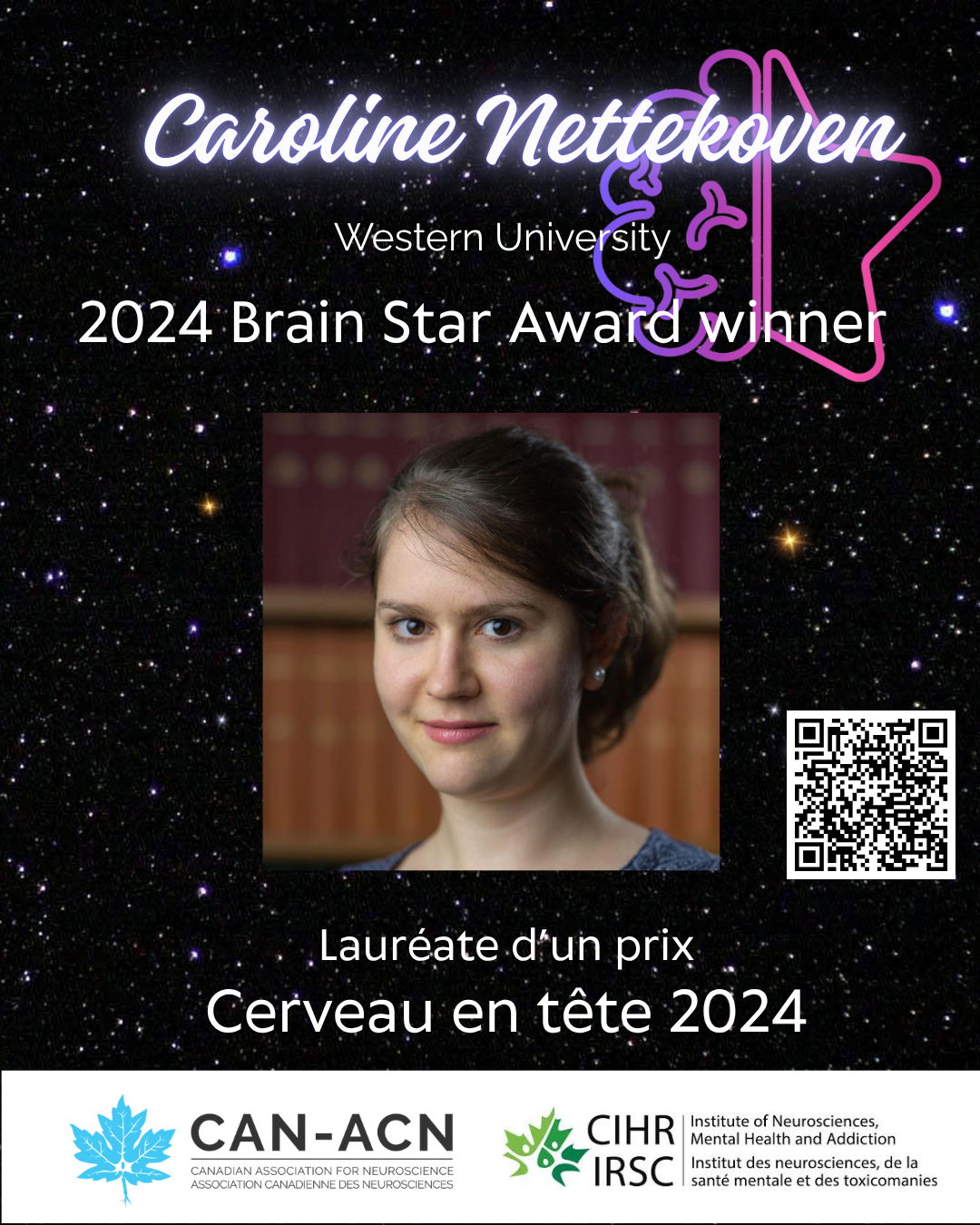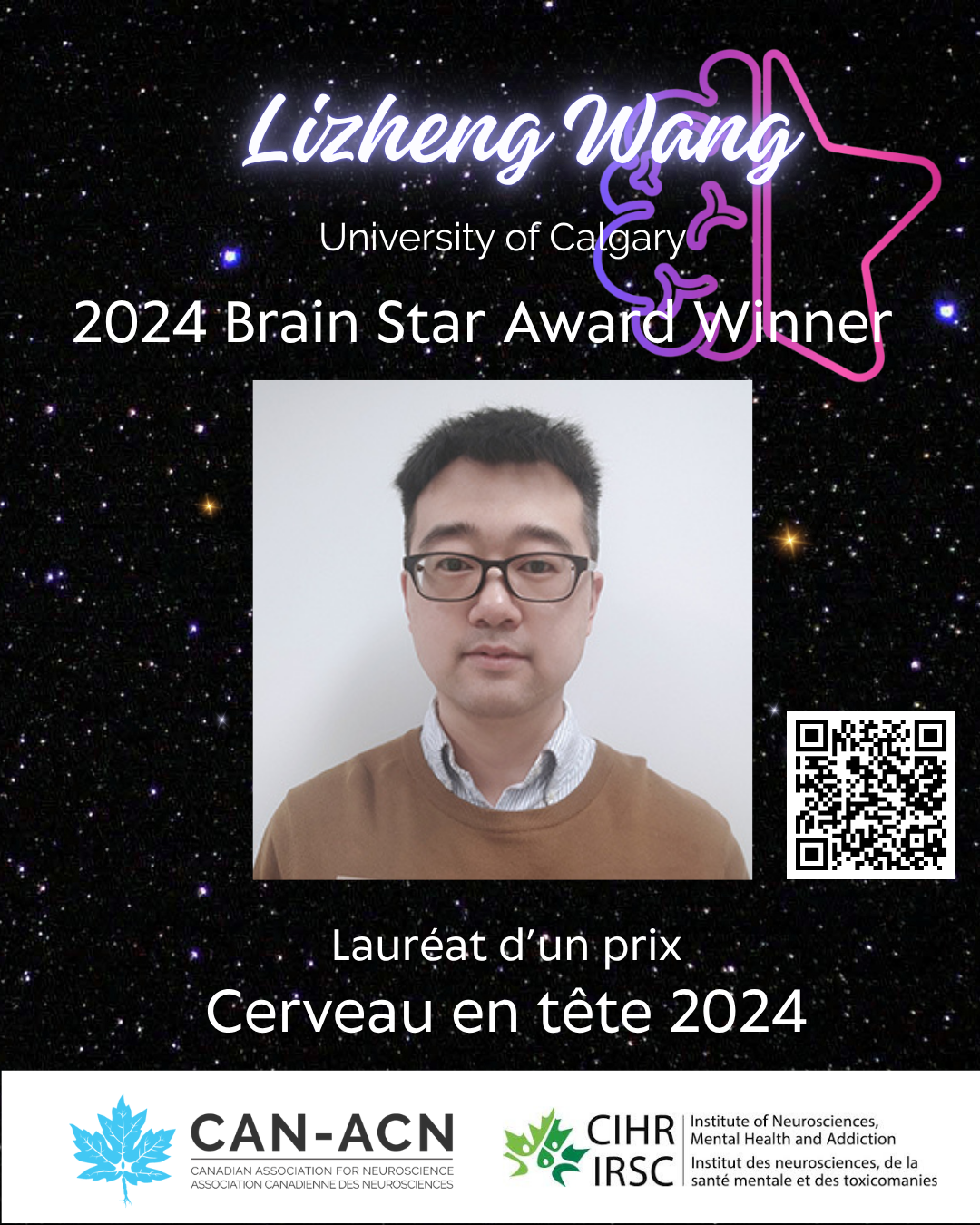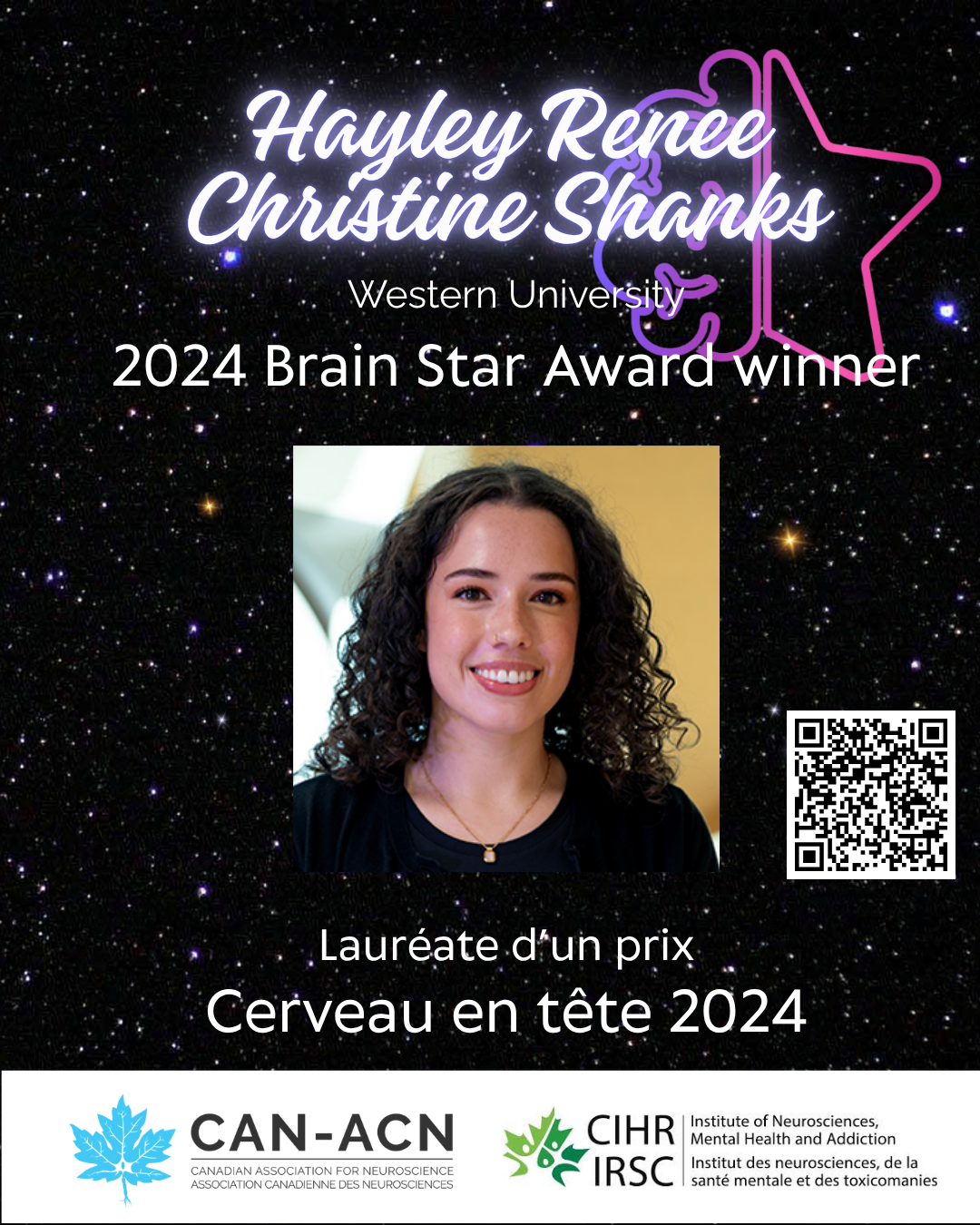_______________________________________________________________________________________________________________
DIRECTOR OF THE NEURO
(MONTREAL NEUROLOGICAL INSTITUTE-HOSPITAL)
a joint leadership position within the Faculty of Medicine and Health Sciences, McGill University and the McGill University Health Centre
The McGill University Faculty of Medicine and Health Sciences and the McGill University Health Centre invite applications for a full-time position at the rank of Full Professor as Director of The Neuro (Montreal Neurological Institute-Hospital)
Since its creation in 1934, the Montreal Neurological Institute of McGill University (MNI) and the Montreal Neurological Hospital of the McGill University Health Centre (MNH)—together referred to as The Neuro (Montreal Neurological Institute-Hospital)—have been at the forefront of research into the causes and the treatment of neurological disease. With more than 1,500 staff and trainees, The Neuro is one of the leading comprehensive neurological centres in the world, recognized for the seamless integration of world-class neuroscience research with outstanding clinical neurology and neurosurgery programs. At the core of The Neuro’s philosophy is the notion that high-impact research and cutting-edge clinical care are best driven by scientists and clinicians who are experts in their respective areas and work in close proximity, facilitating the exchange between bench and bedside. The Neuro’s status as a premier neuroscience institution with outstanding facilities and a commitment to Open Science attracts leading investigators, including a strong cadre of clinician-scientists, and accomplished clinicians. It maintains key collaborations with neuroscientists not only across the McGill network, but also with scientists across Québec, throughout Canada, and internationally. The Neuro has a long history of success in training and education and attracts clinical and basic science students and visiting scholars from around the world.
As a teaching and research institute of McGill University, The Neuro is at the centre of McGill’s strategic plan in research and training in the neurosciences, is the home of North America’s largest graduate program—the Integrated Program in Neurosciences—and a key site for McGill’s clinical training programs in Neurology and Neurosurgery. As the cornerstone of the McGill University Health Centre’s Neuroscience Mission, The Neuro provides high-calibre specialized patient care.
The Neuro provides comprehensive inpatient and outpatient care for the full spectrum of neurological disorders. The hospital has 85 inpatient beds, including a neuro-intensive care unit, four surgical suites, state-of-the-art interventional neuroradiology, advanced CT, MEG, PET and MR imaging facilities, specialty outpatient clinics, a day hospital, rehabilitation and clinical research facilities. Neurosurgeons and neurologists, together with other specialists, hold academic appointments in the Faculty of Medicine and Health Sciences of McGill University. This uniquely integrated group of 120 faculty members (including 97 principal investigators, over 68 physicians, ~30 clinician-scientists), 200+ nurses, and ~40 allied health professionals work closely with an interdisciplinary team of over 350 healthcare professionals representing specialized nursing and rehabilitation services and clinical support staff to provide world-class health care for neurological patients, seamlessly integrated with basic research. This environment provides exceptional training for the next generation of leaders in the clinical and translational neurosciences.
Our dedicated team of experts lead international research teams that generate research and translational support from grants, awards, and contracts of approximately $55 million per year. The Neuro’s multidisciplinary teams generate fundamental information that spans the full spectrum of neuroscience from cell and molecular biology to brain imaging and cognitive neuroscience. Over 40+ neurology and neurosurgery residents and 300 graduate students and postdoctoral fellows from around the world pursue scientific training at The Neuro each year.
The Clinical Research Unit (CRU) at The Neuro ranks among the largest neurological research centres in Canada, conducting more than 100 clinical trials each year. The Neuro’s CRU team consists of a diverse group of professionals from a wide range backgrounds, including nurses, physical therapists, study coordinators, laboratory technicians, research ethics coordinators, and trial finance managers. Our teams have extensive expertise in managing complex protocols and cutting-edge therapeutics; we are committed to finding new and better medicines for people living with neurological diseases, all while producing top-line data for pharmaceutical companies and other research organizations.
Vision
McGill, its Faculty of Medicine and Health Sciences, and the MUHC are committed to a vision of The Neuro as a hub for path-breaking research and discovery in the neurosciences for North America and the world, inextricably linked to its role in providing outstanding neurological care. The breadth of research at The Neuro ranges from work done at the McConnell Brain Imaging Centre on how humans appreciate music to cellular and molecular research on mitochondrial disorders, Parkinson’s disease, and multiple sclerosis. In the coming years, opportunities will include renewal of clinical infrastructure and interdisciplinary clinical care, a potential move to the McGill University Health Centre’s Glen site, and reimagining research and innovation to effectively tackle important questions in clinical neuroscience and bring that knowledge to bear to improve the care of people living with neurological disorders.
- The Position
This major leadership role is a joint position of Director of the Montreal Neurological Institute (MNI) and Director of the Montreal Neurological Hospital (MNH). The reporting line for the former is to the Vice-President, Health Affairs and Dean of the Faculty of Medicine and Health Sciences, and for the latter to the Associate President and Executive Director of the MUHC. The successful candidate will assume strategic, operational, academic, and financial responsibilities for The Neuro, while maintaining close partnerships with both campus-based research and education programs and with the clinical care, research, and teaching activities at the MUHC and Research Institute of the MUHC. This will include co-management of clinical teams with the Associate Director of Nursing, Neurosciences Mission, MUHC. Broadly, the new Director will be expected to promote excellence in research, teaching, and clinical care at The Neuro.
Key priorities for this exciting and challenging position will include:
- developing the structures and mechanisms to sustain and enhance research excellence;
- supporting excellence in teaching in the neurosciences at all levels;
- promoting excellence in clinical care;
- enhancing the provincial, national, and international profile of The Neuro and its role as a hub for path-breaking research and discovery with clinical impact in the neurosciences.
- Candidate Profile
1. Strategic leadership
McGill and the MUHC are looking for a visionary individual who is collaborative and capable of developing and implementing a vision by actively obtaining input from varied constituencies and stakeholders, finding alignment, implementing change, and effectively motivating diverse members of a large, complex organization.
2. Effective proponent of integrated research, exceptional clinical care, and innovative teaching
The successful candidate will hold an MD and/or a PhD, have a record of internationally recognized research excellence as well as substantive experience in the clinical neurosciences. A clinician-scientist profile is preferred. The incumbent will be expected to demonstrate a clear commitment to the vision of world-class research linked seamlessly with excellence in clinical care and will have a strong sense of the bench-to-bedside trajectory. Knowledge of the Québec healthcare system and a record of achievement in translational neuroscience will be considered an asset. MD applicants who intend to practice clinically must be licensed or eligible for licensure in the province of Québec.
3. General management abilities
The ideal candidate will be an established leader with a record of success in managing complex units. Experience in navigating institutional, academic, and public policy channels to make progress on multifaceted issues is expected, as is a strong commitment to equity and inclusion. As this position involves frequent interaction with the Québec government and other Québec-based partners, the ability to communicate effectively in French, as well as in English, is required. Previous endeavours will be characterized by innovation and creativity that speak to an entrepreneurial mindset. In addition, demonstrated success in attracting, mentoring, and motivating diverse research, clinical and academic staff in support of a shared mission of excellence is expected.
4. Fundraising acumen
The successful candidate will be fully committed to contributing to the fundraising mission of The Neuro. Developing and leveraging strategic, long-term fundraising relationships are important to The Neuro’s success. The successful candidate must demonstrate the skills and willingness needed to be effective in this regard.
- Term and Salary
The Director position has a 5-year term that is renewable. The salary will be commensurate with qualifications and experience.
- Appointment
The successful candidate will be appointed as a Full Professor in the Department of Neurology and Neurosurgery at McGill University’s Faculty of Medicine and Health Sciences and appointed to the appropriate Hospital position at the MUHC. A tenure stream position will be available for the appropriate candidate.
The successful candidate will be expected to be actively involved in all aspects of McGill’s academic mission (i.e., research, teaching, supervision of students and residents, and involvement in academic and administrative committees).
McGill faculty members are also expected to contribute to service activities within their units, the University, and the wider scholarly community. A demonstrated commitment to equity, diversity and inclusion is also expected.
The following supporting documents are required:
- CV and cover letter describing leadership experience and vision;
- Statement of research (limit one page and may include up to five pages of supporting documents);
- The names and contact information of three referees.
Applications must be submitted online via the McGill Careers Site:
https://mcgill.wd3.myworkdayjobs.com/McGill_Careers/job/Montreal-Neuro/Director-of-The-Neuro–Montreal-Neurological-Institute-Hospital—-A-joint-position_JR0000066888
Candidates should submit their application within 30 days of publication of this advertisement. For any questions regarding the recruitment process, please contact the primary recruiter at liliana.ospina@mcgill.ca or acadsec.med@mcgill.ca.
McGill University is an English-language university where most teaching and research activities are conducted in the English language, thereby requiring English communication both verbal and written.
L’Université McGill est une institution de langue anglaise dans laquelle la majorité des activités d’enseignement et de recherche s’effectuent en langue anglaise, rendant essentielle l’utilisation de l’anglais pour la communication orale et écrite.
McGill University
Founded in 1821, McGill University is home to exceptional students, faculty, and staff from across Canada and around the world. It is consistently ranked as one of the top universities, both nationally and internationally. It is a world-renowned institution of higher learning with over 39,000 students, 14,000 faculty and staff, and 325,000 alumni from over 180 countries around the world. Located in the heart of Montreal, McGill counts itself among the finest research-intensive universities in the world. With a strong focus on interdisciplinary learning and celebrated for its rigorous intellectual pursuits and commitment to nurturing a diverse community of scholars, students, and staff, McGill University is a hub for intellectual curiosity, creativity, and growth.
The McGill University Faculty of Medicine and Health Sciences is comprised of 5,480 academics, 970 staff members, 5,931 students, residents, and fellows, 6 schools, and 2,212 graduate student researchers based within McGill’s network and 3 large academic health and social services centres located across 4 major urban teaching sites. Our dedicated team of experts are committed to uniting science and humanism to train outstanding health professionals and scientists who together lead the discovery, innovation, and care needed to improve the health of Québecers and communities around the world.
The McGill University Centre
The McGill University Health Centre (MUHC) is an adult and paediatric academic health centre, affiliated with McGill’s Faculty of Medicine and Health Sciences, with an international reputation for excellence in clinical care, research and education. It has a responsibility for assuring tertiary paediatric and adult services for the University Integrated Health and Social Services Network of McGill (RUISSS McGill) across a vast territory of Québec in addition to providing comprehensive healthcare services to its local community. Patients receive care in English and French, as desired, while the MUHC assures interpretative services are available in a host of languages as may be necessary to support the multicultural population it serves.
The MUHC is the result of a voluntary merger in 1997 of the Montreal General Hospital (1821), the Royal Victoria Hospital (1893), the Montreal Chest Institute (1903), the Montreal Children’s Hospital (1904), and the Montreal Neurological Hospital (1934). In 2008, the Lachine Hospital (1913) and the CHSLD Camille-Lefebvre became part of the MUHC. On December 1, 2024, the MUHC became an establishment of Santé Québec, Québec’s new single employer for health and social services. The Research Institute of the MUHC (1997) brings together eight (8) research programs in adult and child health. It accelerates the translation of biomedical research to improve human health.
The MUHC’s vision is to make a local to global impact by mobilizing together on sustainable, innovative practices, research, and teaching that deliver compassionate world-class complex care to people of all ages and promote a healthier planet. Our teams value excellence, compassion, respect and integrity, as well as collaboration.
McGill University is committed to equity and diversity within its community and values academic rigour and excellence. We welcome and encourage applications from racialized persons/visible minorities, women, Indigenous persons, persons with disabilities, ethnic minorities, and persons of minority sexual orientations and gender identities, as well as from all qualified candidates with the skills and knowledge to engage productively with diverse communities.
At McGill, research that reflects diverse intellectual traditions, methodologies, and modes of dissemination and translation is valued and encouraged. Candidates are invited to demonstrate their research impact within and across academic disciplines and in other sectors, such as government, communities or industry.
McGill further recognizes and fairly considers the impact of leaves (e.g., family care or health-related) that may contribute to career interruptions or slowdowns. Candidates are encouraged to signal any leave that affected productivity, or that may have had an effect on their career path. This information will be considered to ensure the equitable assessment of the candidate’s record.
McGill implements an employment equity program and encourages members of designated equity groups to self-identify. It further seeks to ensure the equitable treatment and full inclusion of persons with disabilities by striving for the implementation of universal design principles transversally, across all facets of the University community, and through accommodation policies and procedures. Persons with disabilities who anticipate needing accommodations for any part of the application process may contact, in confidence, this email accessibilityrequest.hr@mcgill.ca or by phone at 514-398-2477.
All qualified applicants are encouraged to apply; however, in accordance with Canadian immigration requirements, Canadians and permanent residents will be given priority.











